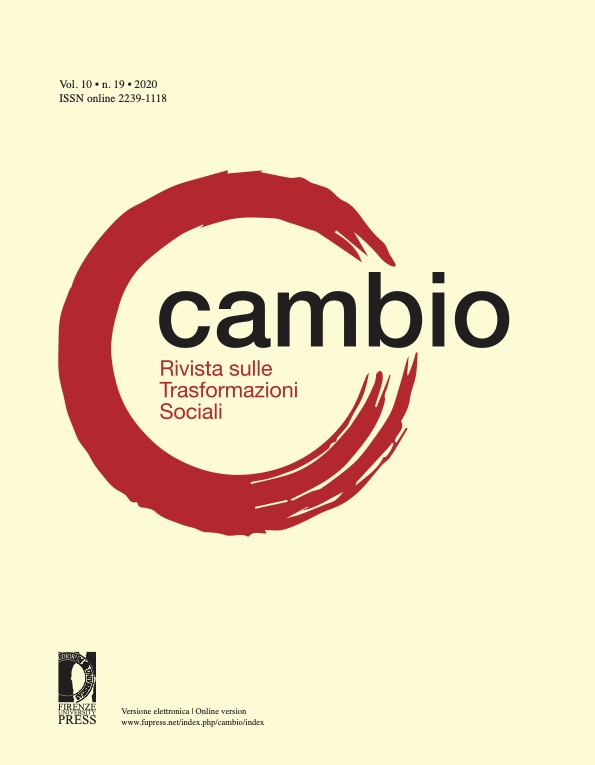Published 2020-10-15
Keywords
- food production and consumption,
- halal practice,
- informalisation,
- Muslim consumers,
- social figurations
How to Cite
Abstract
In recent decades, the increasing visibility of halal food has become highly emotive and controversial, with halal meat in particular being seen as an indicator of the growing presence of Islam and what are seen to be 'barbaric' Muslim food practices. In this paper, I move beyond these dominant narratives to demonstrate how, as the UK halal market has expanded, and the range of halal food options has increased, Muslim consumers have been compelled to justify their halal food choices in ever more complex ways. Within the sociolog y of food literature, the proliferation of food choice often draws on the notion of informalisation to illustrate the dissolution of structures governing food production and consumption. Here, drawing on insights from Eliasian sociology, I present a more compelling account of informalisation, not only to move beyond the notion of halal as a 'barbaric' practice, but to illustrate that Muslim and non-Muslim consumers have very similar concerns and anxieties about food production and consumption.


